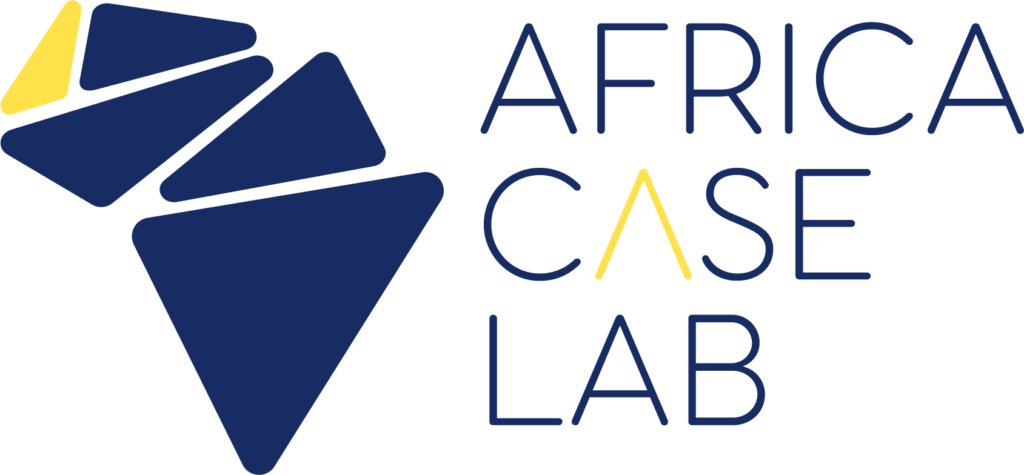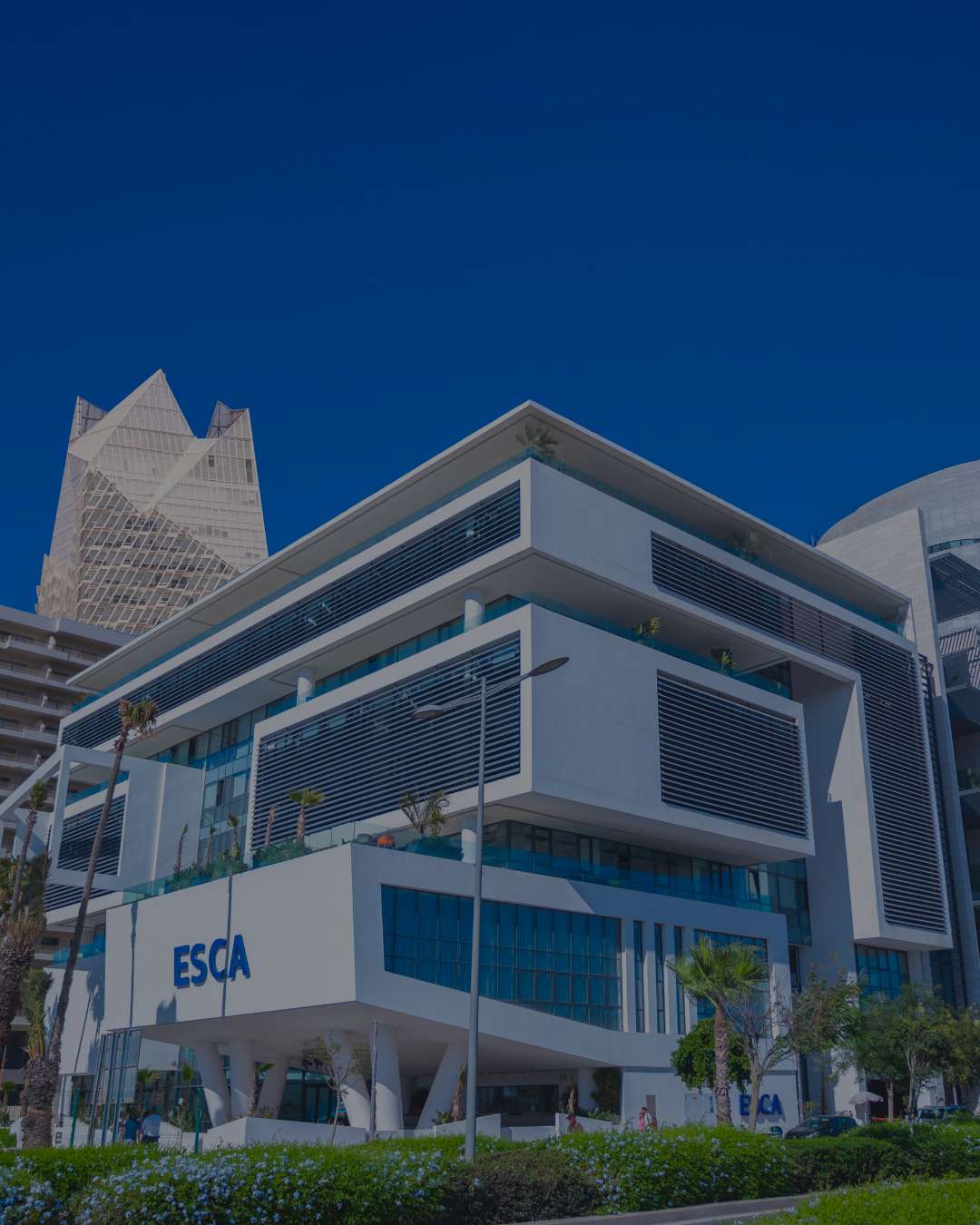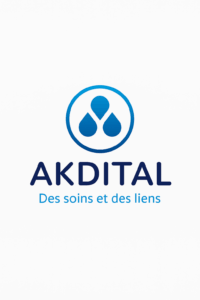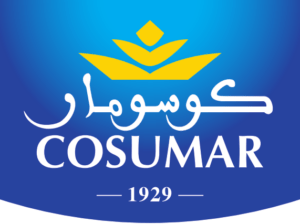
ENG
- Published in The Case Focus Journal
Home » Case Studies Catalog » Frugal Energy Solution
Illuminating Africa with a Frugal and Sustainable Solution
The Case of Shems for Lighting in Morocco
Authors : Majid El Ghaib & Elyazid Dehebi
Synopsis
Shems for Lighting was a Moroccan social enterprise founded in 2016 by Youssef Chakroun, in the same year as the COP 22 (Conference of Parties). Its main mission was to address Africa’s energy poverty by providing affordable solar-powered lighting solutions to underserved communities. The start-up began by creating sustainable, frugal, and affordable products, such as pottery-based solar lamps, using local materials and production methods. Its mission aligned with UN SDG 7, which advocates for universal access to affordable and clean energy by 2030.
Despite its growth, the self-financed start-up faced significant challenges, including delays in customer payments that strained cash flow, production costs for renewable solutions, and cultural resistance in certain regions. The start-up was also contending with strong competition from other solar energy providers in Africa, who offered innovative financing models and product dependability.
As part of his capstone research internship for the Social Innovation and Sustainability Institute, to graduate as an international business major, Mr. Ali Berrada was tasked with analysing the current market position of Shems for Lighting. His mandate involved developing proposals to scale the start-up’s impact while ensuring its financial sustainability. Ali’s mission was crucial to the company’s future, as he was expected to create a scalable business model that could be replicated across different African markets. His mission focused on extending the start-up’s influence in regions with low electricity access, mainly in Sub-Saharan Africa, while overcoming operational and financial hurdles. His contributions would play a key role in driving the start-up’s continued success in achieving its social impact and sustainability targets across and beyond the African continent.
Key Concepts / Keywords
social entrepreneurship, financial sustainability, social impact, competitive pressures, emerging markets, Africa

Learning Objectives
After completing this case study, learners should be able to:
- Analyse how social enterprises can address critical challenges in emerging markets, particularly in the context of universal access to energy.
- Assess market potential in the African context and the challenges associated with market entry and expansion.
- Perform a SWOT analysis of an African business model.
- Propose effective marketing strategies for a start-up that aligns with its mission and market positioning.
- Develop strategies for scaling operations in challenging African environments.
Target Learning Groups
- Undergraduate and graduate students in business, engineering, or sustainable development-oriented programmes.
- Participants in executive education programs focusing on social entrepreneurship, social innovation, or corporate social responsibility.
Prerequisites
- Basic understanding of sustainability principles.
- Familiarity with social entrepreneurship and business models.
- Knowledge of strategic management and market analysis.
Case Caracteristics
- Number of pages of the case : 19 pages
- Number of pages of appendices: 8 page
- Number of pages of the teaching note : 18 pages
- Other documents: N/A
More cases
Education
Contact Us
67-3 Avenue de l’Aéropostale Casablanca Finance City (CFC) 20250 Casablanca – Maroc
Tél :+212(0) 522 20 91 20
Fax :+212(0) 522 20 91 15


